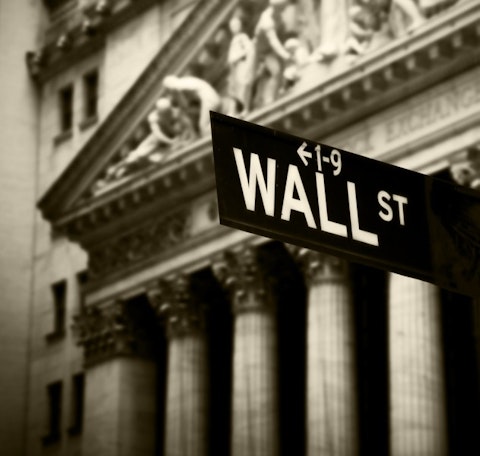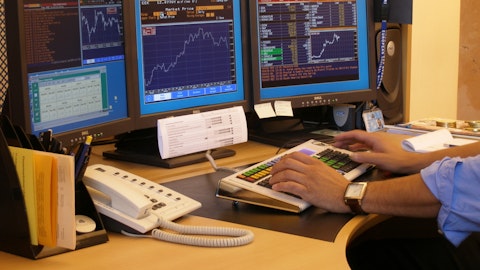Insider trading can be either legal or illegal. The illegal kind of insider trading occurs when corporate insiders or other individuals buy or sell securities based on “inside” information not available to the general public. It is quite evident why the U.S. Securities and Exchange Commission has been fighting heavy battles to put those trading on “inside” information behind bars. After all, illegal insider trading puts the average investor at a disadvantage, so it reduces public trust and confidence in financial markets. In other words, insider trading deters regular investors from entering equity markets. So why doesn’t the SEC ban all corporate insiders from buying securities (note: insiders should at least be allowed to sell exercised stock options and stock awards)?
CEOs and other high-ranked employees possess material “inside” information much of the time, so their insider purchases could always be classified as illegal. Some believe that insider trading on non-public information should not be punished. One could argue that insider trading plays an important role in increasing the efficiency of equity markets because it increases the available information about companies, which makes markets efficient. Leaving this discussion aside, let’s have a look at a set of notable insider transactions reported with the SEC on Wednesday.
At Insider Monkey, we’ve developed an investment strategy that has delivered market-beating returns over the past 12 months. Our strategy identifies the 100 best-performing funds of the previous quarter from among the collection of 700+ successful funds that we track in our database, which we accomplish using our returns methodology. We then study the portfolios of those 100 funds using the latest 13F data to uncover the 30 most popular mid-cap stocks (market caps of between $1 billion and $10 billion) among them to hold until the next filing period. This strategy delivered 39.7% gains over the past 12 months and outperformed the 24.1% gain enjoyed by the S&P 500 ETFs. Our enhanced small-cap hedge fund strategy returned more than 45% over the last 12 months and outperformed SPY by more than 30 percentage points over the last 4.5 years (see the details here).

Stuart Monk/Shutterstock.com
Newly-Appointed Director at Giant Drugmaker Buys New Stake Amid Takeover Speculations
According to our insider trading database, corporate insiders at Bristol-Myers Squibb Co (NYSE:BMY) had not purchased any shares since mid-February 2011 until this week. Theodore R. Samuels, appointed to the company’s Board of Directors in the second half of February 2017, acquired a new stake of 12,000 shares on Monday at prices varying from $56.76 to $56.81 per share. Although the purchase was mostly likely made with the purpose of meeting the company’s existing stock ownership guidelines, the mere fact that this was the first insider purchase in six years represents a positive signal.
The appointment of Mr. Samuels and two additional independent directors followed discussions between activist investor JANA Partners LLC and Bristol-Myers Squibb Co (NYSE:BMY) regarding the Board composition. The activist investor became a shareholder of the drugmaker in the fourth quarter of 2016. Shortly after JANA Partners pressured the drugmaker into adding three new directors and announcing a stock buyback deal, news emerged that billionaire activist Carl Icahn had taken a stake in the pharmaceutical giant viewing the company as a possible takeover target. Truth be told, the possibility of Bristol-Myers Squibb being a potential takeover target is old news. The shares of the drugmaker have gained 13% in the past month alone, though the stock is down 12% over the past year. Barry Rosenstein’s JANA Partners LLC added a 3.87 million-share stake in Bristol-Myers Squibb Co (NYSE:BMY) to its portfolio during the fourth quarter.
Follow Bristol Myers Squibb Co (NYSE:BMY)
Follow Bristol Myers Squibb Co (NYSE:BMY)
Receive real-time insider trading and news alerts
Let’s move on to the next page of the insider trading article, where we discuss fresh insider buying observed at two other companies.





